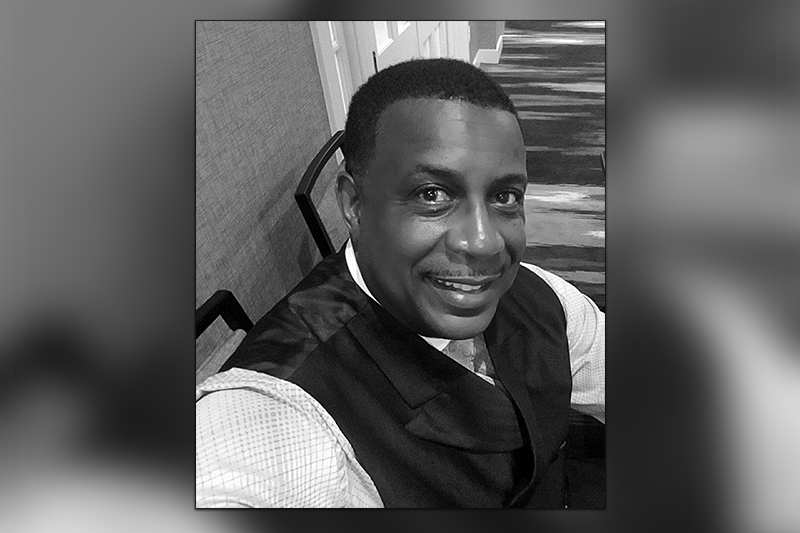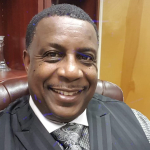Give felons and prisoners the right to vote


 We are calling for awareness and support of Amendment 4 because it impacts people and families from every community and all walks of life. Vote YES for second chances and vote YES on Amendment 4 in Nov.
We are calling for awareness and support of Amendment 4 because it impacts people and families from every community and all walks of life. Vote YES for second chances and vote YES on Amendment 4 in Nov.